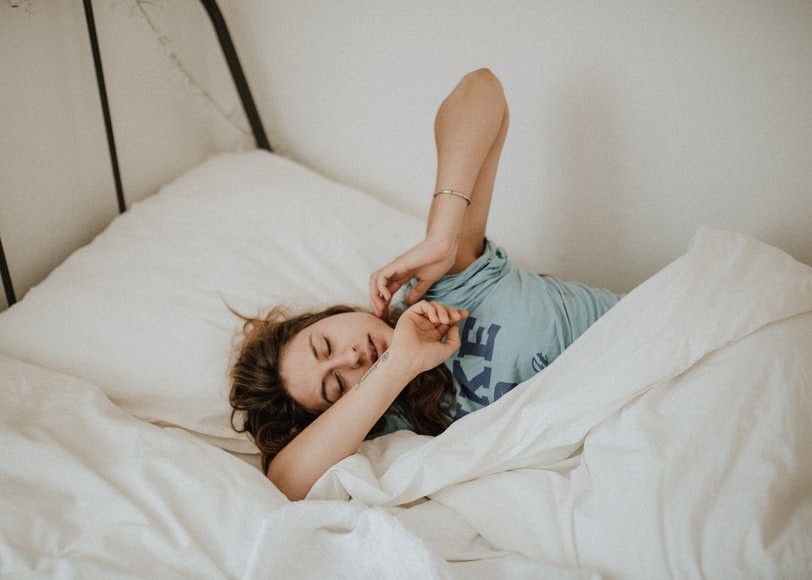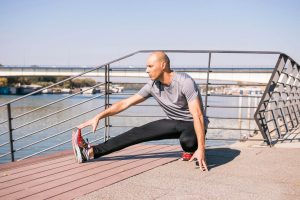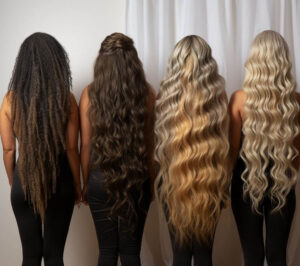Caffeine is often the best solution to combat sleepiness. Caffeine also boosts energy and can keep you alert and active all throughout the day. Caffeine, on the other hand, can be harmful when you consume too much of it. Caffeine can significantly affect your sleeping schedule that may lead to insomnia or lack of sleep. Such a cycle is brutal. Due to your lack of sleep, you drink coffee. You lack sleep because you drink coffee.
How Does Caffeine Affect Sleep?
Caffeine influences sleeping habits. It has a direct impact on your sleeping schedule. Adults are typically more susceptible to caffeine-induced sleeping issues and it also reduces slow-wave sleep. Slow-wave sleep is when you are in deep sleep that results in a very restful and refreshing feeling upon waking up. A slow-wave sleep will make you energetic in the morning.
On a different note, caffeine-induced sleep often leads to sleep deprivation. It will be characterised by fatigue, memory problem, and emotion regulation. Caffeine consumed six hours before bedtime can substantially decrease sleeping time by an hour or so. Hence, it is ideal to avoid drinking coffee six hours before you sleep. We asked our friend Maria, who works for a small company which sells bamboo fencing , about her this and se said – “yeah, nah absolutely you can’t drink coffee 6 hours before going to sleep.”
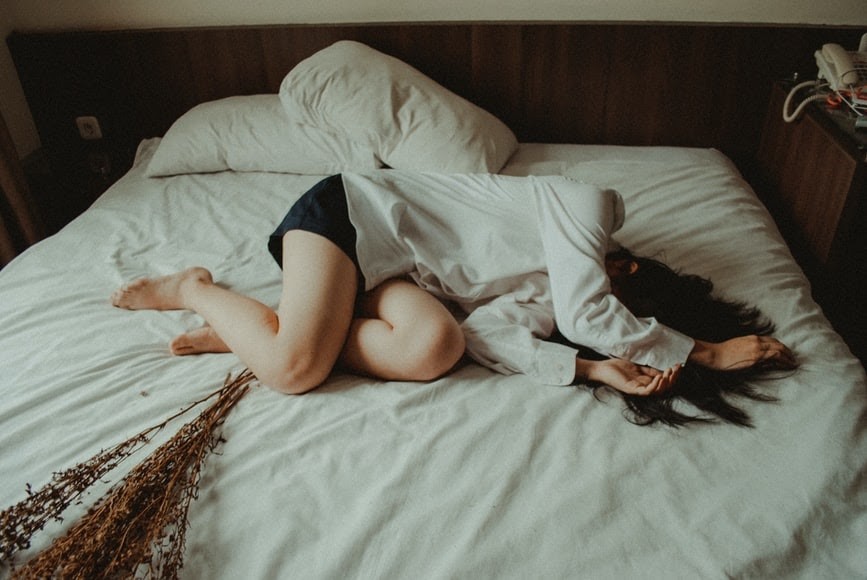
Can Caffeine Keep Me Awake?
It is a known fact that caffeine can cause a sudden burst of energy. It stimulates the central nervous system hence, after consuming caffeine, a rampant change in mood and energy takes place. Drinking coffee in the morning can do some good, however, drinking them at night without having plans of staying up all night will deliver more harm than benefits.
Caffeine boosts cognitive function for those who are severe fatigue. But, the best way to keep your cognitive function immaculate is no other than rest and restorative sleep. The level of caffeine consumption is another factor that can either help or disrupt sleep. While some have a high tolerance for it, others can’t drink a delicious freshly brewed coffee. Caffeine effects also vary on the current state of the person. A person feeling figgy and tired may benefit from a sudden caffeine boost. As for those who are already active, caffeine will do no good. It can potentially lead to over-arousal which leads to anxiety, restlessness, and caffeine dependency.
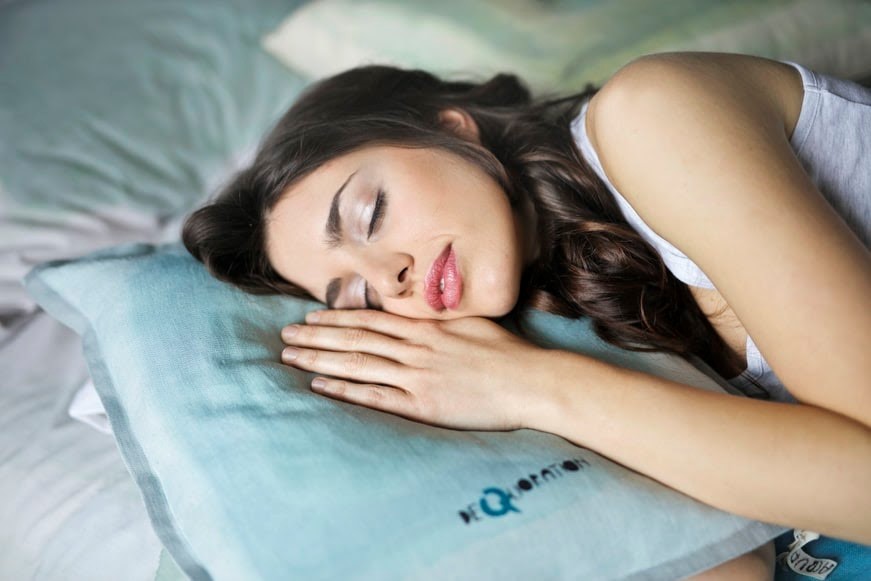
Can Caffeine Cause Insomnia?
Caffeine has short-term performance benefits. Overconsumption, on the other hand, can lead to insomnia problems or worsen existing sleeping issues. To people who resort to consuming caffeine to stay awake all night will result in anxiety, frequent nighttime awakenings, and poor sleep quality. Sodas are also linked to increased Sleep-Disordered Breathing. It is a primary characteristic of Obstructive Sleep Apnea.
Does Caffeine Make Some People Sleepy?
Caffeine can also cause counterintuitive effects. While some feel like caffeine can help them get through the day with energy and feeling awake, it can be quite the opposite for some. The disruptive effects of the daily caffeine routine can cause a vicious sleeping cycle. Sleep deprivation leads to feeling sleepy all day, which will lead to caffeine intake to cope with the sleepiness feeling.
Increased caffeine consumption is one of the main reasons for sleep deprivation. The long-term sleep loss that is caused by caffeine dependency is triggered by not being able to feel that energy boost but rather a more intense feeling of sleepiness. Moreover, sleepiness is also a sign of caffeine abstinence for those who are caffeine-dependent and did not consume any coffee the night before.
